The Evolution of Fado in Lisbon
I've probably mentioned before that my parents were big fans of going to fado houses; close friends of Lucília do Carmo and godparents to her son Carlos, they regularly frequented O Faia, an establishment owned by this illustrious family where great artists sang and played.
These were the good old days when fado houses were meant for true connoisseurs and stayed open as long as there were people in the room. When only a small group of enthusiasts remained, clients and artists would gather at the same table to listen intimately to fados that were still being rehearsed, with masters, musicians, and habitués (who were often also lyric writers) giving their opinions. It formed, so to speak, a fado community, without idols or prima donnas, a kind of family that was a real pleasure to belong to. And if it was like that at O Faia, it happened equally at Parreirinha de Alfama, Senhor Vinho (where the "oven" was a place for brainstorming, as we say today), and many other spots.
After being proscribed during the post-revolutionary period, when it finally came back into fashion with powerful voices (like Camané, Mariza, Aldina, Ana Moura, Carminho, or Ricardo Ribeiro) and became an Intangible Cultural Heritage of Humanity, fado attracted a larger number of listeners worldwide and, perhaps because of that, moved from small intimate spaces to concert halls, and from petit-comité to vast audiences.
Suddenly, with rampant tourism in Lisbon, the places where you could hear live fado became almost exclusively designed for foreigners, with mandatory dinners at high prices, and they close before the twelve strokes that made Cinderella lose her slipper, as paying overtime to staff is out of the question. I'm not exaggerating: it's happened to me that we hadn't even finished our drinks and an employee was clearing the table and pulling the tablecloth from in front of us, as if to say it was time to go.
A New Hope for Fado Lovers
But now, while the people who grew up with fado are being pushed out of neighborhoods like Alfama, Madragoa, and Mouraria, where rents have skyrocketed and buildings have become charming hotels and local accommodations; while almost no records are being recorded anymore and Spotify spits out everything; while fado has become a World Music accompanied by drums and authentic fadistas have to show themselves in videos on YouTube because there are almost no masters left to guide them, fortunately, small strongholds are emerging in the capital that give us hope that communities of fado lovers are returning.
Managers, poets, fadistas, and musicians – probably tired of mobile phone cameras flashing and the noise of cutlery during performances – have created truly welcoming spaces in emblematic neighborhoods of the city, where highly gifted fadistas and composers pass through today, some of whom are heirs to fado families.
For example, João Cardim, a businessman, and Joana Amendoeira, a fadista, present us at Fama de Alfama with a handful of new talents (it was there that I first heard José Geadas or Soraia Cardoso and heard the genius Mike 11 play); and, what's more beautiful, they leave the door open late for those who sing there and those who show up late at night (lyricists, musicians, fadistas, or simply enthusiasts) to feel together, exchanging songs, asking for honest opinions, correcting versions, begging for poems for a composition someone created.
These are the good new times – and they were sorely needed.

Maria do Rosário Pedreira
Born in Lisbon and never thought of living in another city. She is an editor, specializing in discovering new Portuguese authors. She writes poetry, fiction, chronicles, and children's literature, and is translated into several languages. She has a blog about books and editing and is a fado lyricist.

The journalism that Mensagem de Lisboa does unites communities, tells stories that no one else tells and changes lives. It used to be paid for with advertising, but that's now the territory of big platforms. If you like what we do and think it's important, if you want to be part of this growing community, support us with your contribution:






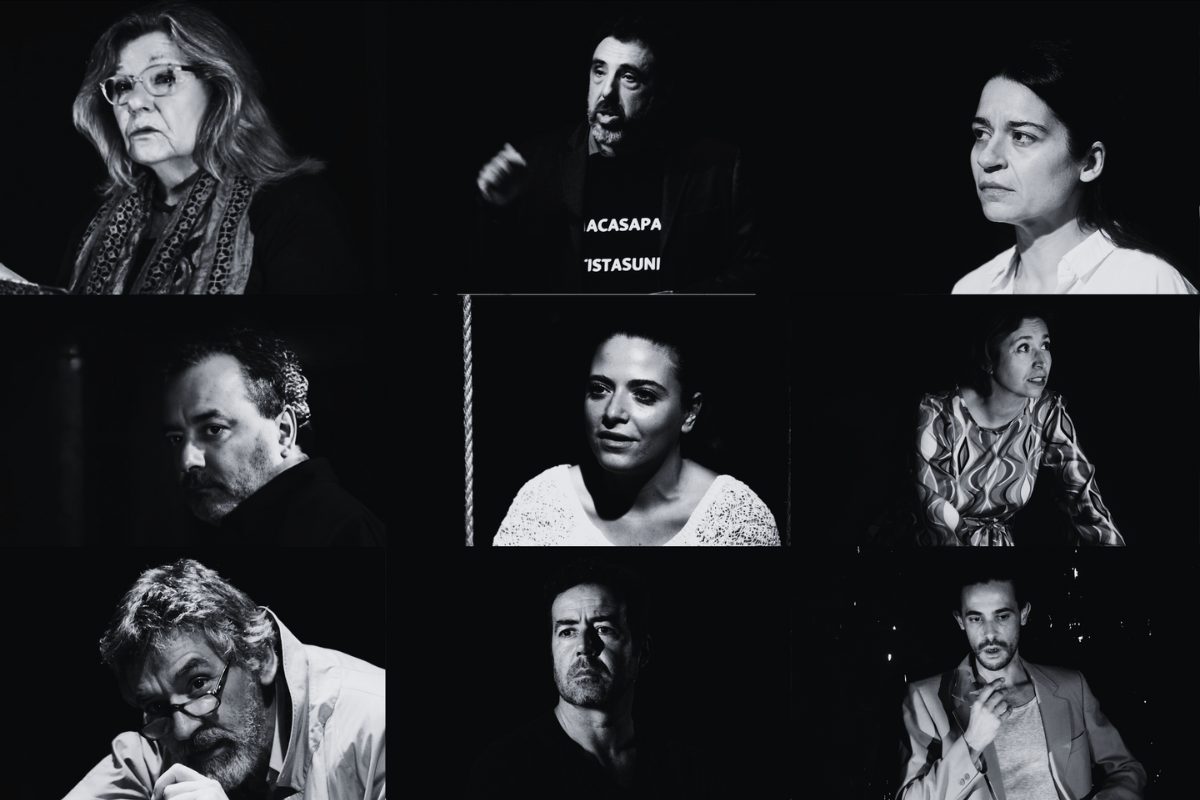
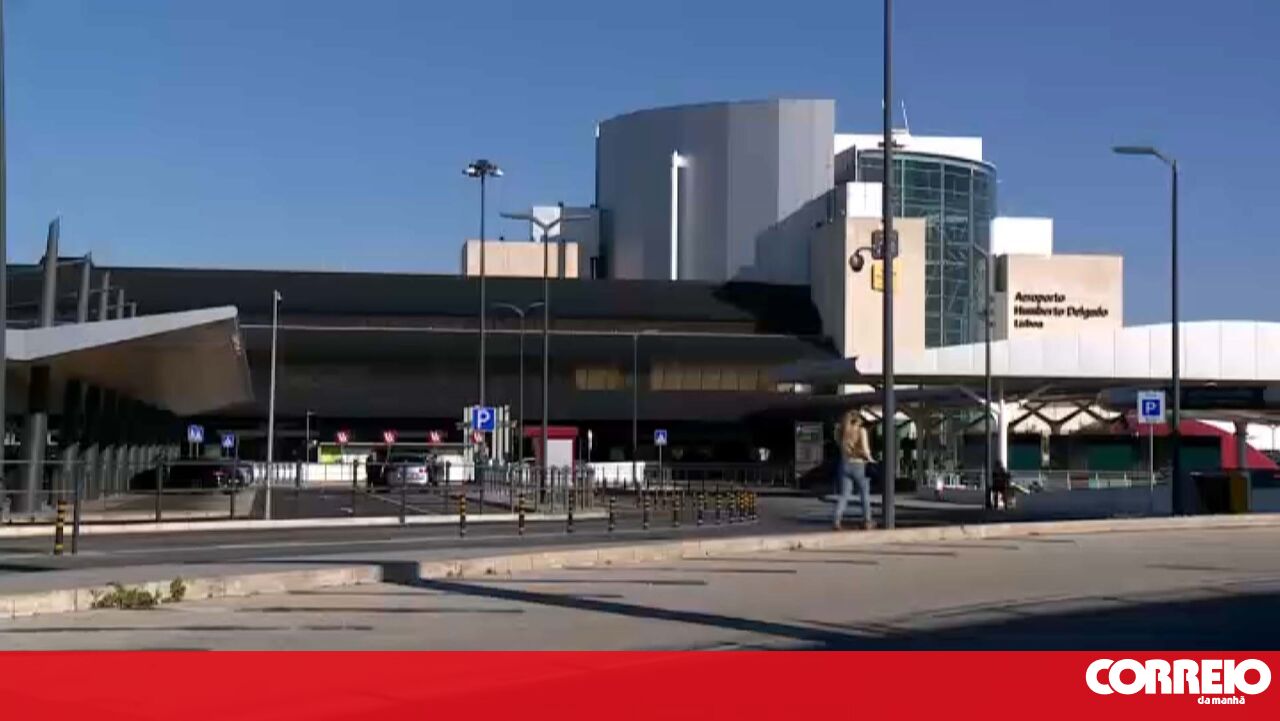


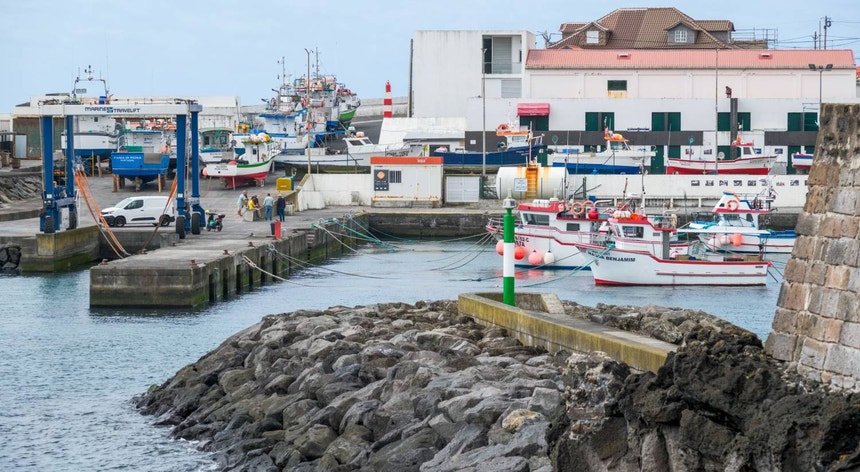
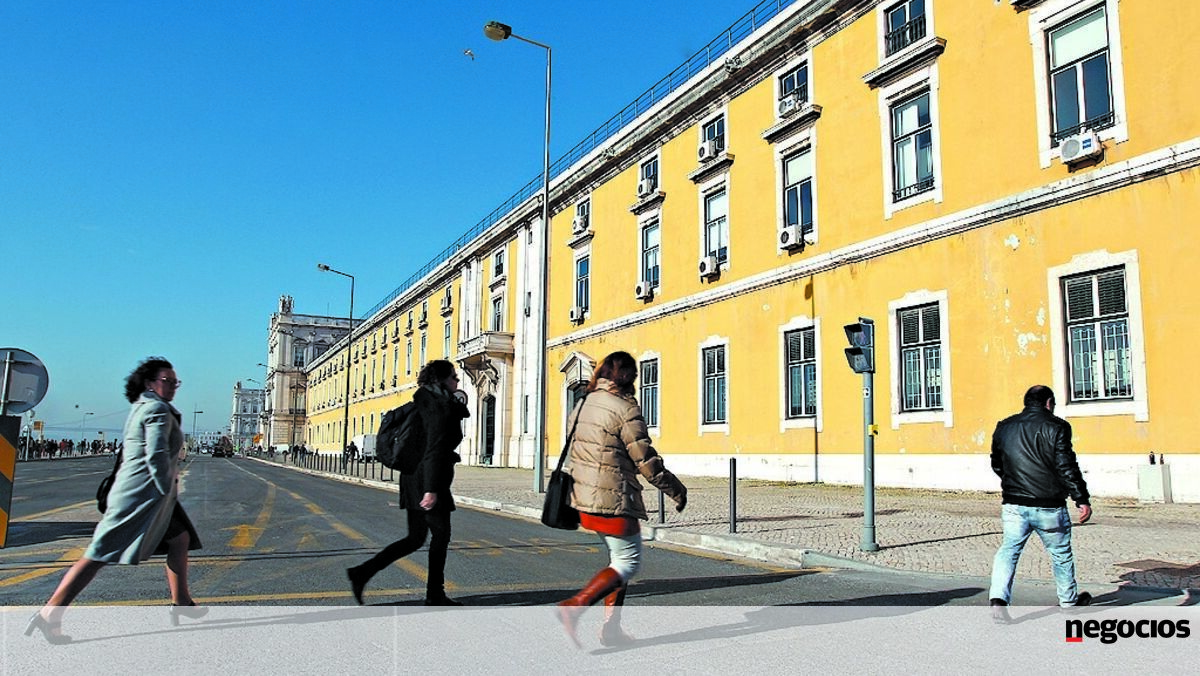


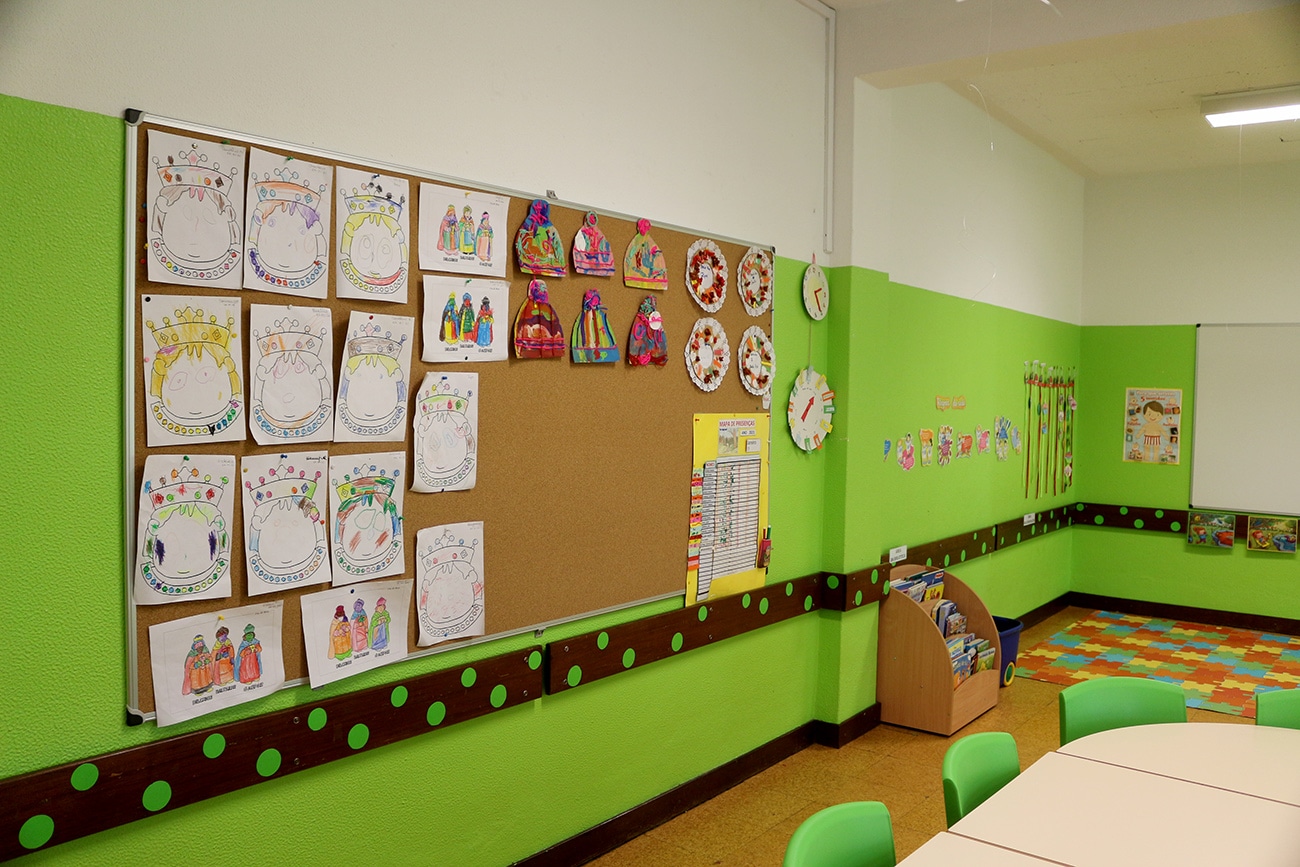















Comments
Join Our Community
Sign up to share your thoughts, engage with others, and become part of our growing community.
No comments yet
Be the first to share your thoughts and start the conversation!